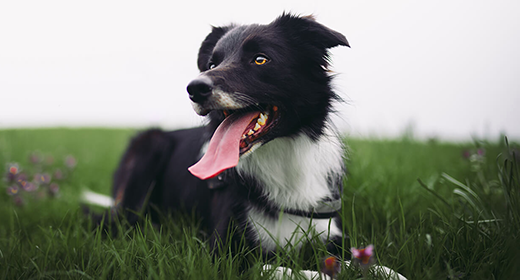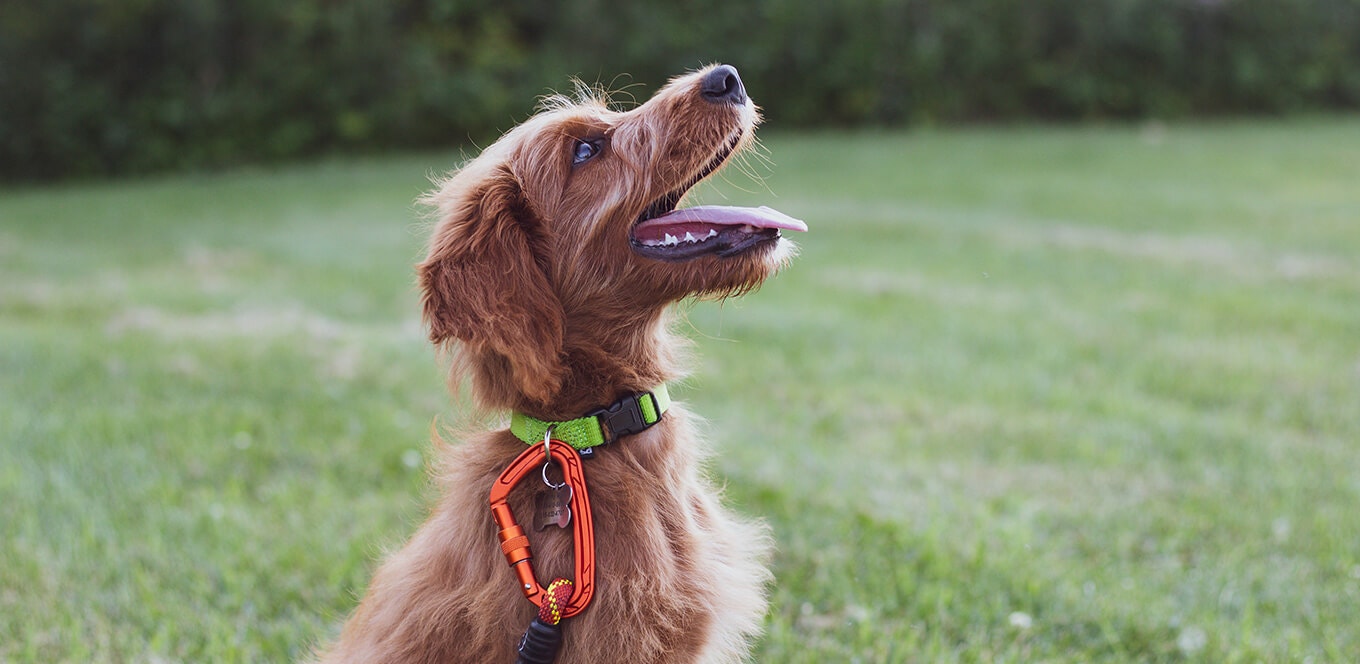

Chicken has been a widely popular and easily accessible source of protein for humans. However, when it comes to our canine companions, the role of chicken is a topic that demands exploration. From its countless health benefits to allergic reactions and dietary sensitivities, understanding the implications of incorporating chicken into a dog's meal plan is crucial for responsible pet care. Delve into the nuances of how chicken can serve as a valuable dietary component for dogs, uncovering the dos and don'ts that can help foster a balanced and nourishing diet for our beloved four-legged friends.
The short answer is yes, chicken is good for dogs. In fact, chicken is a common ingredient in many high-quality dog foods, owing to its rich protein content and relatively low fat. It provides essential amino acids that contribute to muscle development and overall health. However, it is crucial to prepare chicken appropriately for your furry friend as certain seasonings or cooking methods might be harmful.
While dogs are known to be natural carnivores, the consumption of raw chicken raises concerns. Raw chicken can potentially contain harmful bacteria such as salmonella or listeria, which pose health risks for dogs, just as they do for humans.
The consumption of raw chicken might lead to foodborne illnesses and digestive issues, causing vomiting, diarrhoea, or even more severe complications. Therefore, it is generally advised to thoroughly cook chicken before feeding it to your dog, eliminating any potential bacteria and making it safe for consumption.
While the appeal of a raw diet for dogs is gaining traction, the dangers of raw chicken consumption remain a significant concern:
Although rare, some dogs can develop allergies to chicken, resulting in various symptoms such as itching, skin irritation, gastrointestinal upset, and even respiratory issues. Chicken allergies in dogs are typically a response to specific proteins.
Dogs are omnivores, and aside from chicken, they can safely consume various other types of meat as part of a balanced diet.
Considering the risks associated with raw chicken consumption and potential allergies in dogs, seeking veterinary guidance is highly recommended. If your dog exhibits symptoms of an allergic reaction or has consumed raw chicken, a visit to the vet is crucial.
A veterinarian can conduct a thorough examination to identify the nature and severity of the allergic response and provide appropriate treatment options. Additionally, they can address any potential complications resulting from bacterial contamination, including gastrointestinal distress or other related health issues. Early intervention by a qualified veterinary professional can help mitigate the risks associated with food allergies and ensure the well-being of your canine companion.
Remember, the expertise of a veterinarian is essential, especially when it comes to handling food-related concerns. Seeking their advice and treatment can help safeguard your dog's health and prevent any further complications. Prioritising your dog's health and well-being through professional veterinary care can contribute significantly to their overall quality of life and long-term wellness.
Dogs can eat chicken, but the amount chicken should be in moderation, accounting for about 10% of their daily calorie intake, balanced with other nutrients for a complete diet.
Excessive chicken can lead to nutritional imbalances and potential health issues such as obesity or pancreatitis. Moderation is key.
Consumption of raw chicken can expose dogs to harmful bacteria like salmonella, leading to severe gastrointestinal problems, including vomiting and diarrhoea. Immediate veterinary attention may be necessary.




When it comes to maintaining the overall health of our dogs, we often overlook the importance of their gut health. This is where canine probiotics and prebiotics come into play. These are beneficial microbes that reside in your dog's gastrointestinal system, aiding in food digestion, fighting off potential pathogens, and bolstering the immune system.
Probiotics for dogs, derived from the Latin word 'for' (pro) and the Greek 'life' (bio), are friendly bacteria and yeasts that are essential for your dog's health. They are designed to restore and maintain a healthy balance of microflora in your dog's gut. The types of bacteria usually found in canine probiotics include:
Prebiotics may sound like the opposite of probiotics, but in reality, the two go hand in hand. Prebiotics are nutrients that nourish and promote the growth of these good bacteria already living in the colon. They are essential in ensuring that probiotics function at their optimal best.
Probiotics are a necessary addition to a dog’s diet. Here are a few benefits of this nutrient:
They are generally used when the balance of microbes in a dog's gut gets disrupted due to stress, dietary changes, or antibiotic use, leading to health problems including digestive upsets.
Probiotics for dogs have been shown to help manage diarrhoea and improve gut health. They work by restoring the balance of good bacteria in your dog's gut, which can be disrupted due to various factors.
The benefits of probiotics for dogs extend beyond just good gut health. They can also aid in reducing the need for antibiotic treatment and shorten the duration of diarrhoea. In fact, a 2009 Irish study found that supplementation with a specific strain of Bifidobacterium Animalis reduced diarrhoea duration from seven to four days.
The answer is yes. Puppies can benefit from dog-specific probiotics. These can help them develop a balanced intestinal bacteria ecosystem, support a healthy immune system, and reduce the occurrence of diarrhoea, constipation, and infections of the digestive tract.
Yes, it's critical to consult your vet before introducing probiotics or prebiotics for dogs into your pet's diet. There are many probiotic preparations out there, and not all of them are of high quality and backed up with evidence. Your vet will be able to advise the best option for your dog.
As the importance of gut health in dogs becomes more recognised, various supplements containing canine probiotics have emerged. One such supplement is our IAMS™ Proactive Health™ Digestive Health Supplement. This soft-chew food supplement is a blend of prebiotics and probiotics that ensures healthy digestion.
If your dog has been experiencing signs like diarrhoea, constipation, bloating, or vomiting, it might indicate that their digestive system is not functioning properly. In this case, a probiotic supplement with Bacillus Subtilis and Fructooligosaccharide can be a good investment. They help degrade organic matter in the feces, reducing ammonia production and fecal odour as well as nourish the good bacteria in the colon of the dog.
The benefits of probiotics for dogs are substantial. They help maintain a healthy gut, which plays a vital role in your dog's overall health. By incorporating probiotics into your dog's diet, you're taking a step towards ensuring that your furry friend leads a healthier, happier life.